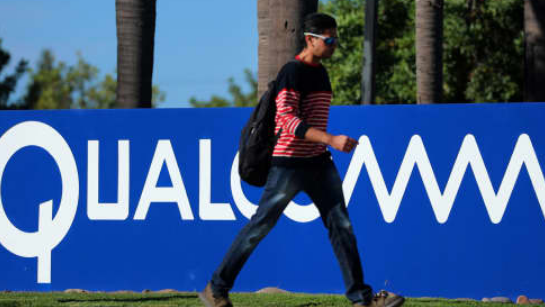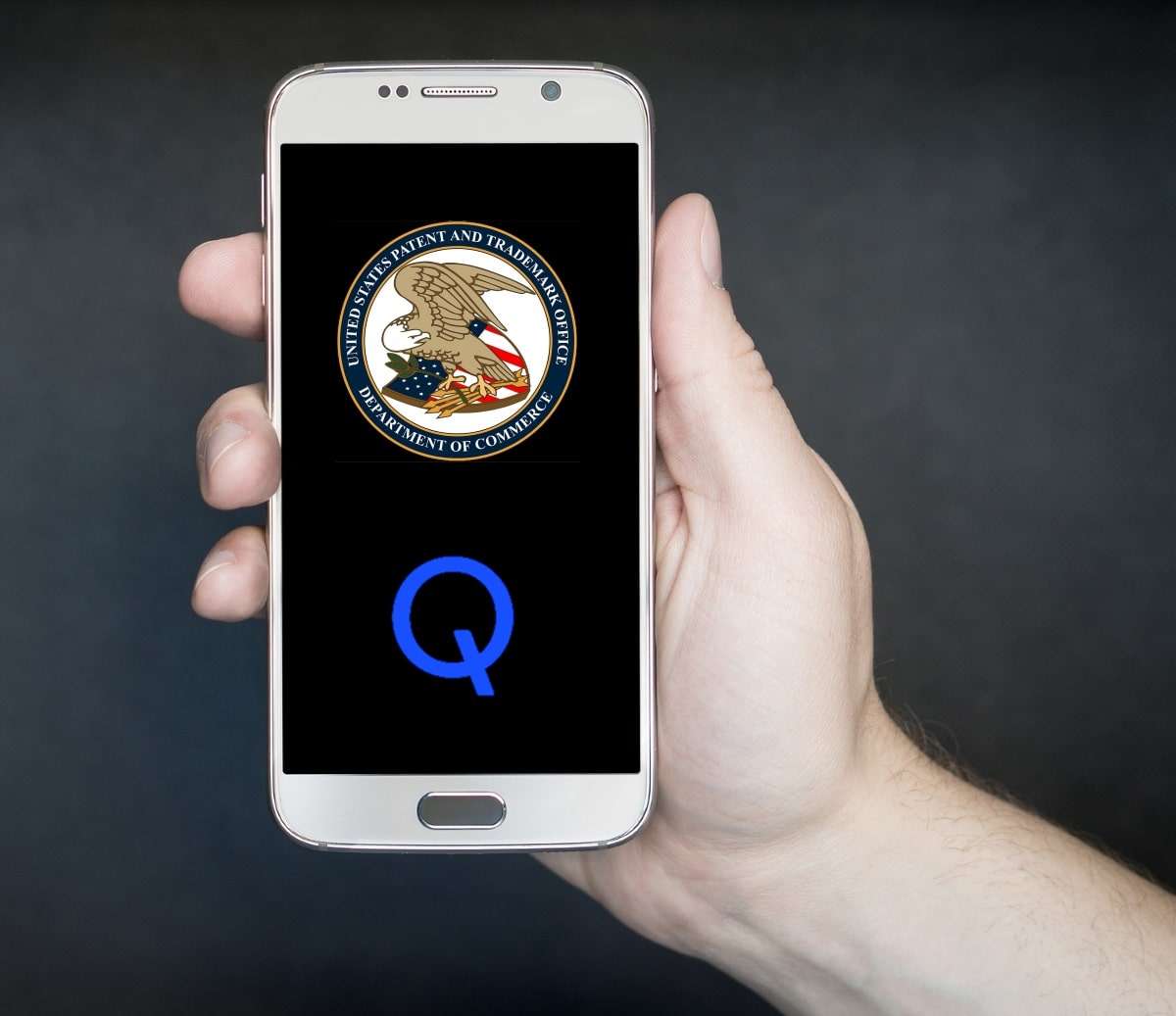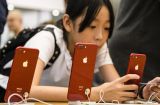- Ameya360 Component Supply Platform >
- Trade news >
- Apple vs Qualcomm: How can one US company block another in China?
Apple vs Qualcomm: How can one US company block another in China?

Mike Blake | Reuters
A pedestrian passes a sign on the Qualcomm campus in San Diego, California.
The ban of some Apple iPhones in China shows that intellectual property rights are still determined by national borders.
Qualcomm announced Monday that a court in China — the Fuzhou Intermediate People's Court — had granted the chipmaker's request for two preliminary injunctions against four of Apple's Chinese subsidiaries for patent infringement.
The two patents cover the ability to adjust and reformat photographs, and navigate through applications with a touchscreen. Apple has appealed the Chinese court order, which bans the sale of seven older iPhone models, ranging from 6s to X.
"A patent in the U.S. is not a patent in China, unless someone registers a patent in China," said Matthew Dresden, an attorney at Harris Bricken covering international intellectual property. "It's just another facet in another battle between two tech titans."
Qualcomm and Apple have been embroiled in a years-long legal dispute over patent royalties.
Both companies are based in California, but generate a significant portion of their revenues from China. For the fiscal year that ended in late September, Apple reported that 19.6 percent of net sales came from greater China.
Qualcomm said revenues from China, including Hong Kong, accounted for 67 percent of total consolidated revenues for fiscal year 2018, which also ended in late September. The chipmaker also said in the report it has not recorded any revenues for royalties due on sales of Apple products since the third quarter of 2017.
It is relatively cheaper and quicker for one party to bring a case against another in China compared to the U.S., said Eileen Li, head of research at Shanghai-based market intelligence firm Red Pulse. The environment for high-end industries is also more favorable in China given Beijing's efforts to produce more technology at home through Made in China 2025, she added.
"In general, China is known for having what industries would call copycats. (Most of these are in) consumer and retail areas," Li said. "With tech, China is tightening a lot of its policy and becoming more serious about IP protection."
It remains to be seen whether a preliminary injunction from a municipal court in China will have a lasting, nation-wide effect. The ban does not cover Apple's latest iPhone models and the company said all versions of the smartphone remain available for customers in China.
Online messageinquiry

Apple Reveals Qualcomm Patent Fees

Apple Testifies in Q’com Patent Case
- Week of hot material
- Material in short supply seckilling
| model | brand | Quote |
|---|---|---|
| RB751G-40T2R | ROHM Semiconductor | |
| BD71847AMWV-E2 | ROHM Semiconductor | |
| TL431ACLPR | Texas Instruments | |
| CDZVT2R20B | ROHM Semiconductor | |
| MC33074DR2G | onsemi |
| model | brand | To snap up |
|---|---|---|
| STM32F429IGT6 | STMicroelectronics | |
| BU33JA2MNVX-CTL | ROHM Semiconductor | |
| TPS63050YFFR | Texas Instruments | |
| ESR03EZPJ151 | ROHM Semiconductor | |
| IPZ40N04S5L4R8ATMA1 | Infineon Technologies | |
| BP3621 | ROHM Semiconductor |
- Week of ranking
- Month ranking
Qr code of ameya360 official account
Identify TWO-DIMENSIONAL code, you can pay attention to


Please enter the verification code in the image below:























